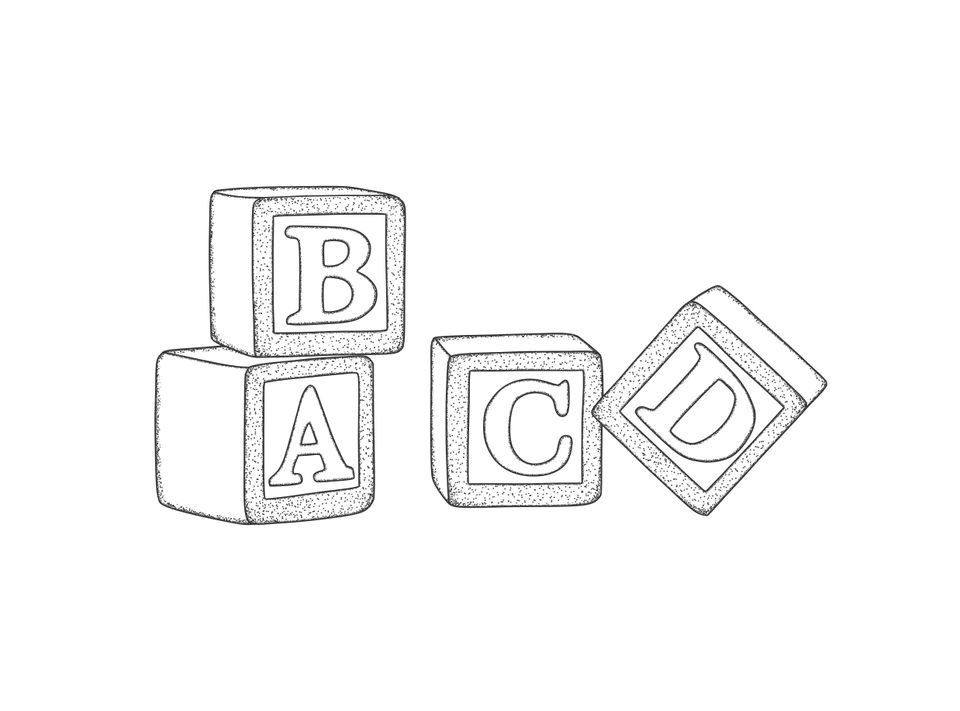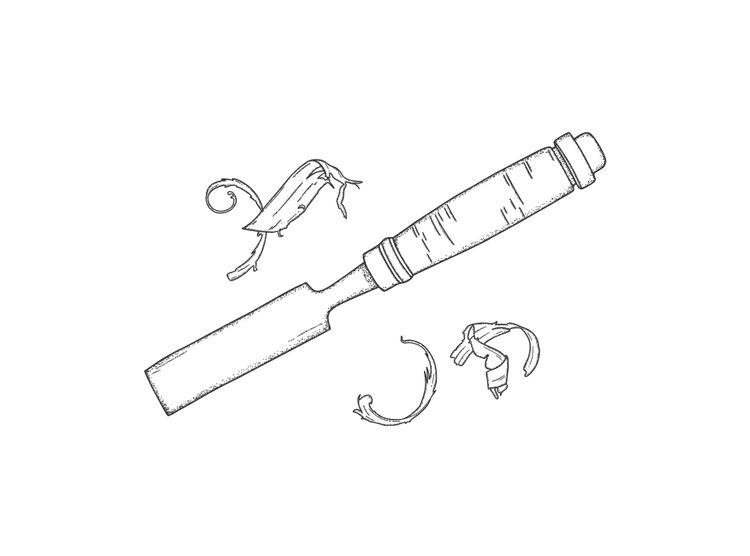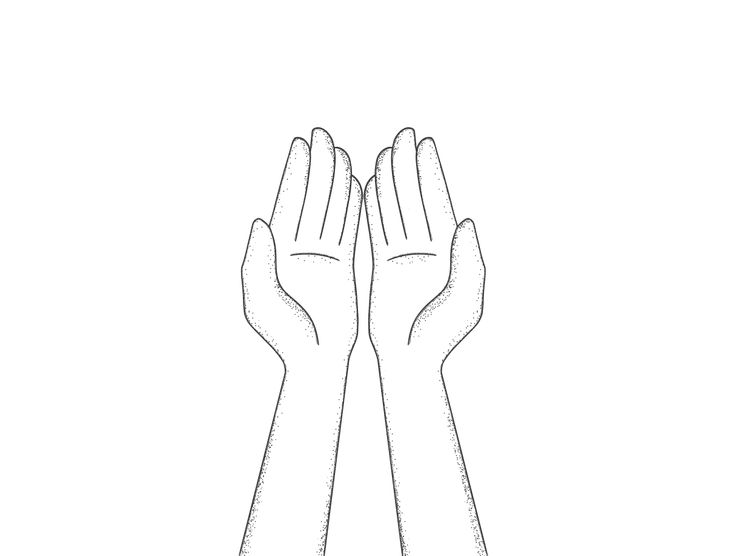Play

Play is how we learn—in the sandbox with models of the world that we explore for understanding. In play, we build new knowledge, sometimes alone, more often together. In the repetition of play, we gain confidence and agency.
Play is how we create, arranging and rearranging the elements until the patterned whole reveals itself to us. We tell stories through play—of journeys undertaken, lands explored, enemies defeated, treasure won.
Play asks us to be open—to other perspectives, to feedback, to new possibilities, to being wrong, to growth. In play, we learn that life is a conversation, a dance, a game whose improvised rules are always changing to fit our changing needs.
Life calls us to play. It draws us into the world, awakening the imagination and curiosity in us. In play, we call the world to life, and find communion with the life in us. We play because we are playful creatures—inquisitive, sociable, mischievous, seeking fun and delight.
We don't stop playing because we grow old; we grow old because we stop playing.
- George Bernard Shaw.
In 1837, an educator called Friedrich Fröbel founded the Play and Activity Institute for young children at Bad Blankenburg in Germany. Three years later, he named it kindergarten. Literally "children's garden", Fröbel modeled kindergarten on his belief that "play is the highest expression of human development in childhood for it alone is the free expression of what is in the child’s soul."
Fröbel also believed that children learn by constructing their understanding of the world through direct experience of it. He developed a set of seven "gifts"—yarn balls, building blocks, sticks and rings, prisms and so on—to support self-initiated play and learning. His model of education emphasized all aspects of a child's development—social, mental, physical, emotional, environmental, and spiritual.
In Lifelong Kindergarten, Mitchel Resnick, a professor at MIT Media Lab, argues that all education should become more like kindergarten, as should work and life. The modern world needs creative learners, he says, and the kindergarten model nurtures creative learning in us.
Unfortunately, says Resnick, most schools shift away from creative learning after kindergarten.
Students spend much of their time sitting at desks, filling out worksheets, and listening to lectures—whether from a teacher in the classroom or a video on the computer. Too often, schools focus on delivering instruction and information rather than supporting students in the creative learning process.
Worse, says Resnick, kindergarten is now becoming more like the rest of our education system.
In many kindergartens today, children spend time filling out math worksheets and drilling with phonic flashcards. There's more focus on delivering early-literacy instruction and less time for playful exploration. Some people have referred to today's kindergartens as literacy boot camps.
If you're not prepared to be wrong, you'll never come up with anything original...We're running education systems where mistakes are the worst thing you can make. We're educating people out of their creative capacities.
- Sir Ken Robinson, TED Talk 2006.
I have spent two decades helping companies build more playful corporate cultures. I tell companies that play supports creative problem solving, which it does: my experience has taught me that teams that adopt playful working styles are more creative, more resourceful and more resilient. Scrum and Kanban, two popular frameworks for managing projects and workflow, both bring game-like mechanics to organizing work. When implemented well (which is not often), they can help to nurture exceptionally high-performing teams.
Creative problem solving is important and valuable, but it is not the deepest motivation for my work. As humans, we love to play. It makes us happy. It fulfills us. It helps us move through life with lighter steps. Is that not something worth chasing?
Toys are not really as innocent as they look. Toys and games are the prelude to serious ideas.
- Charles Eames.
Each week I explore a life metaphor that has touched me in my coaching. Subscribe to get my newsletter every Sunday morning. You can also follow me on Medium, or on LinkedIn. Feel free to forward this to a friend, colleague, or loved one, or anyone you think might benefit from reading it.





